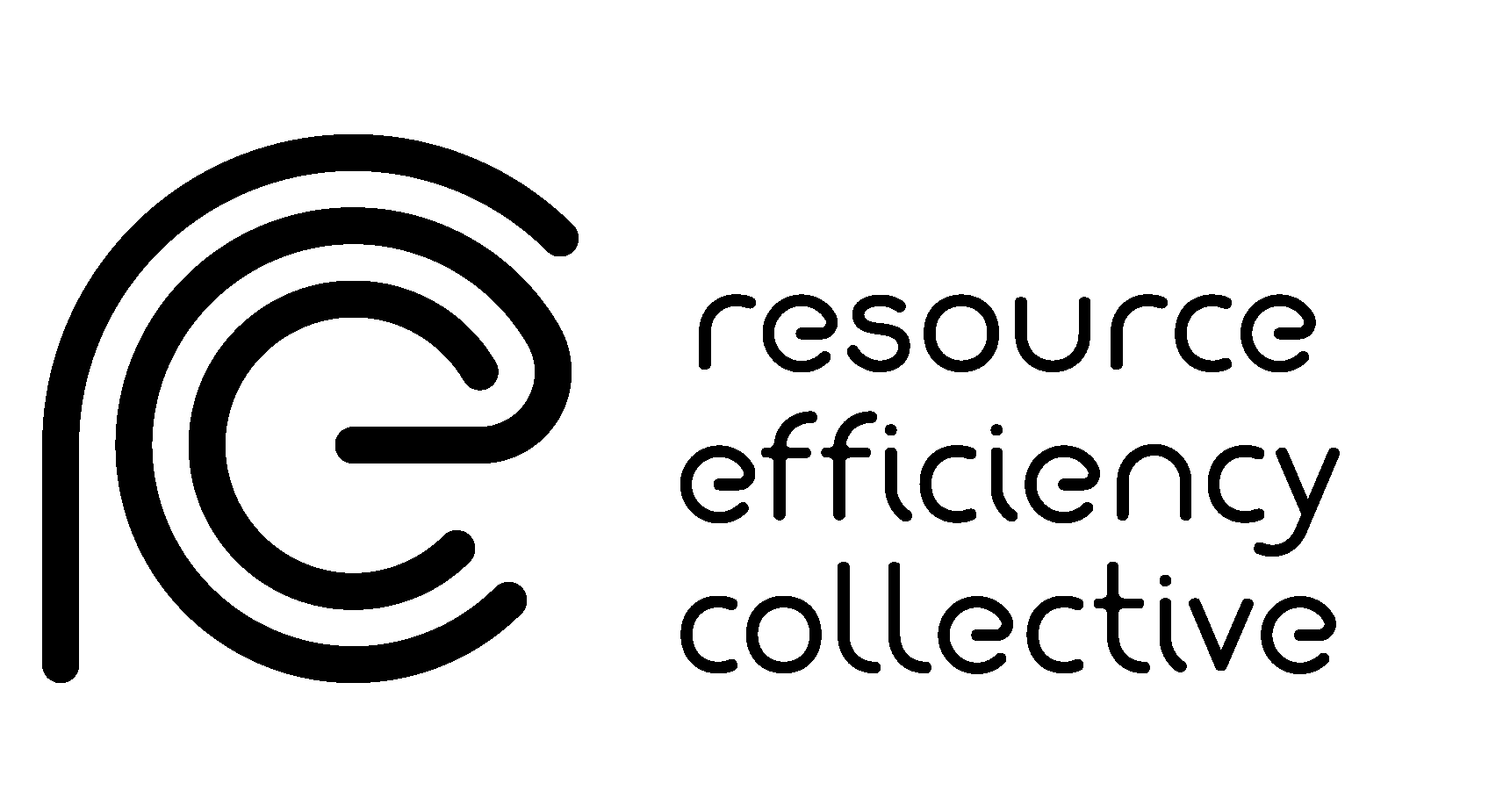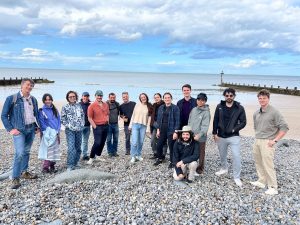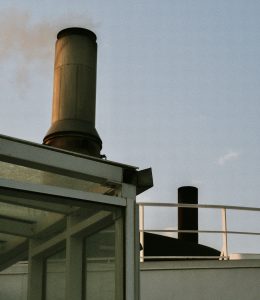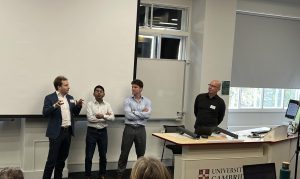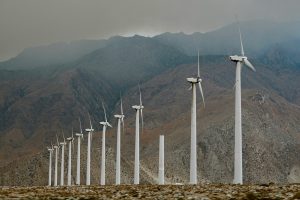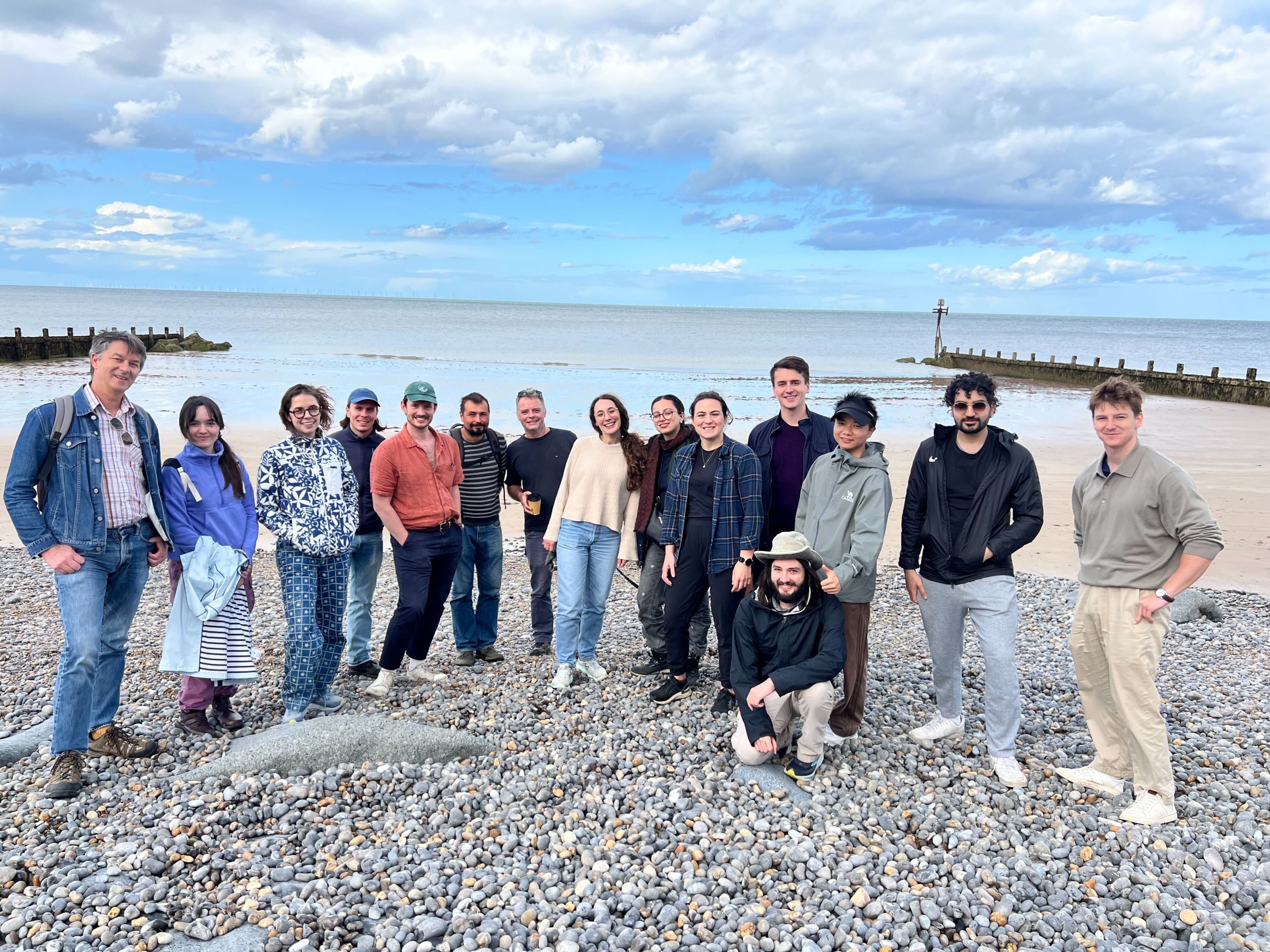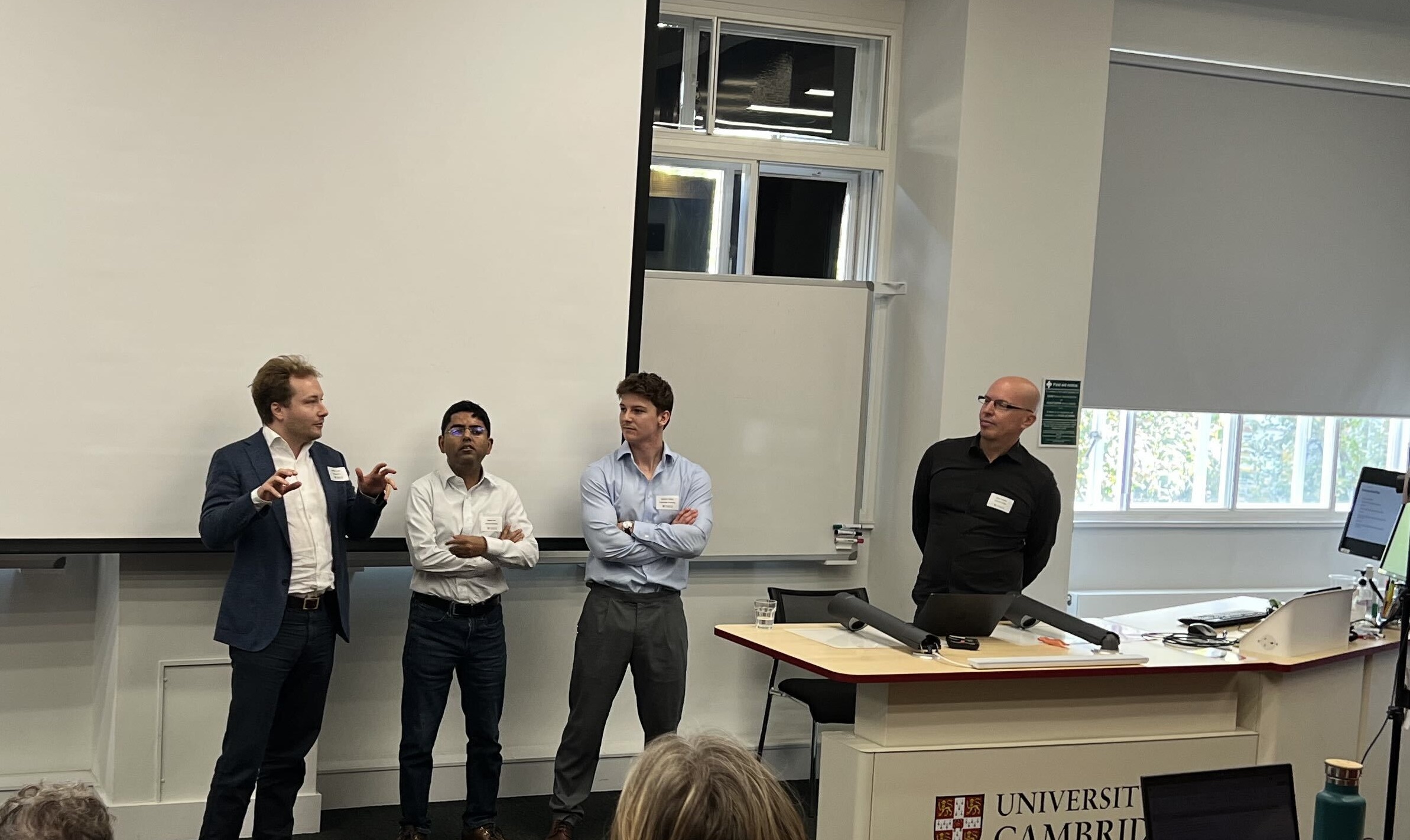World Statistics Day: 6 Statistics from the Resource Efficiency Collective
World Statistics Day falls on the 20th of October once every five years. This World Statistics Day we are celebrating by sharing some of the key statistics from the research conducted by members of the Resource Efficiency Collective, with some lighthearted facts about life in the team thrown in for good measure.
1. Greenhouse gas emissions from industry
As the world focuses in on reducing greenhouse gas emissions, industry must be a key priority, responsible for 25% of global direct energy and process emissions. Much of our research considers how we can tackle emissions from industry – whether in the chemical industry, in transportation, or in construction.
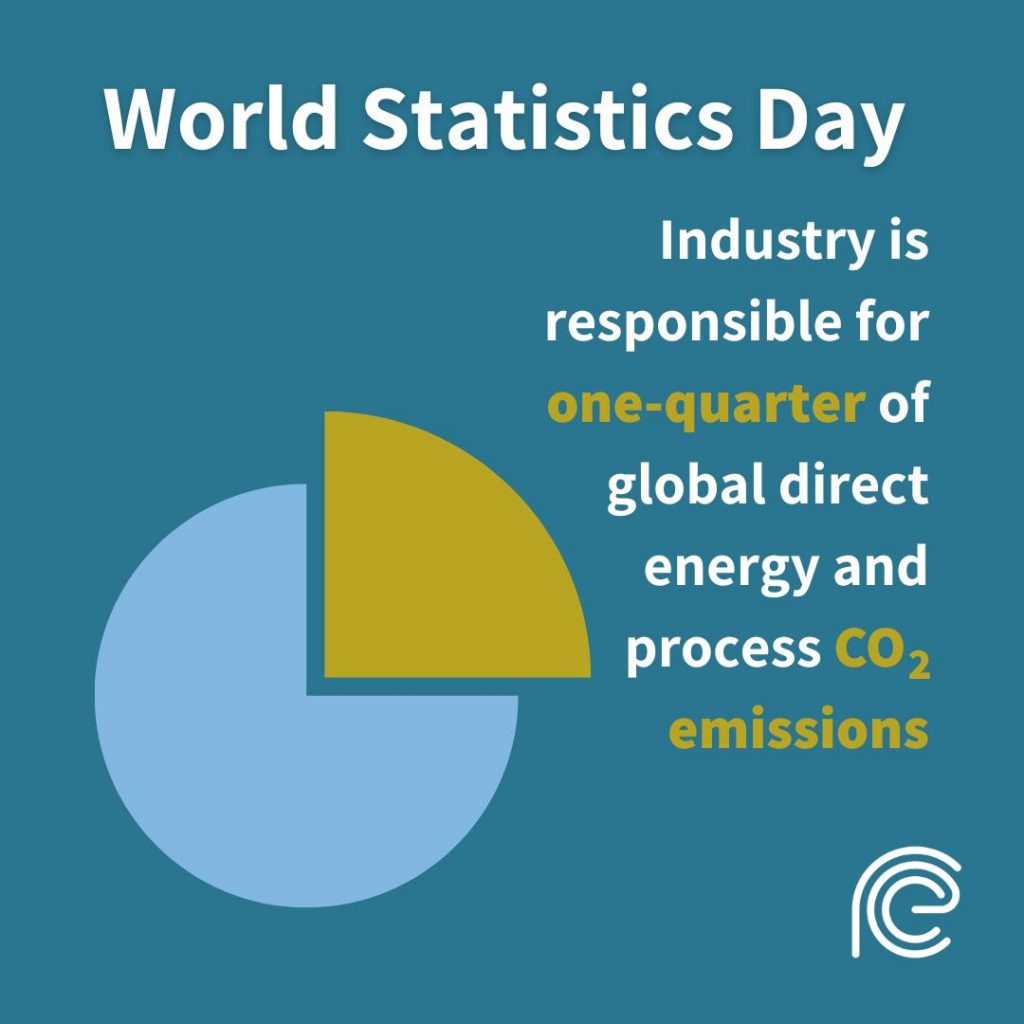
2. Keeping busy…
So far this year, the team have released 15 publications, with plenty more in the works. Whilst writing and researching, a hot drink is always welcome – but the team are split on whether tea or coffee wins the day!
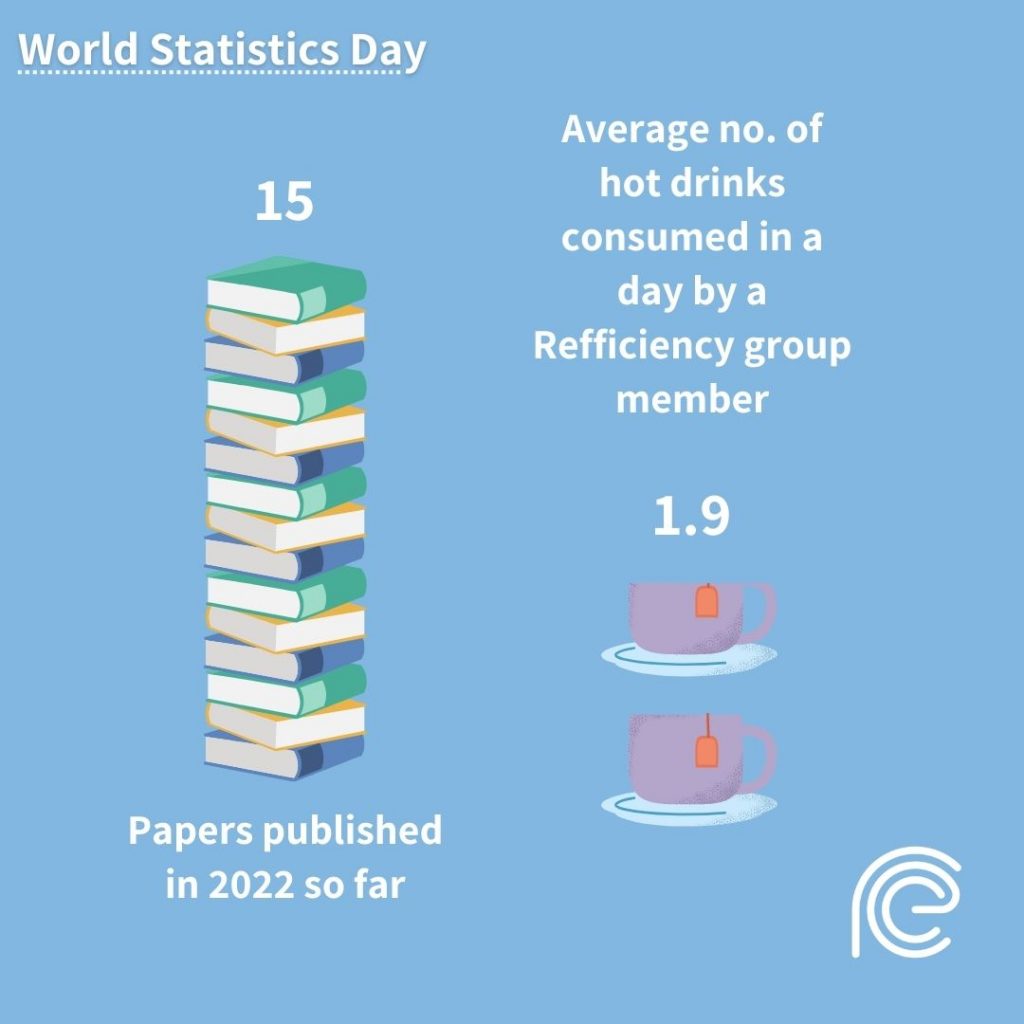
3. Plastic Straws
In a much-celebrated move, and after protests from the public and David Attenborough, plastic straws were banned in the UK in 2021. Images of plastic bags, straws, and cutlery have become icons of the Anthropocene, clear demonstrations of the damaging impact humans have had on the planet. However, our UK Plastics Report revealed that these items of plastic only account for 0.04% of the carbon footprint from plastics in the UK. Whilst contamination of the oceans is an important issue, we must take a broader view if we are to truly address the environmental impact of plastics. As the pie chart below demonstrates, production inside and outside of the UK contribute 80% of the greenhouse gases from the UK plastics supply chain.
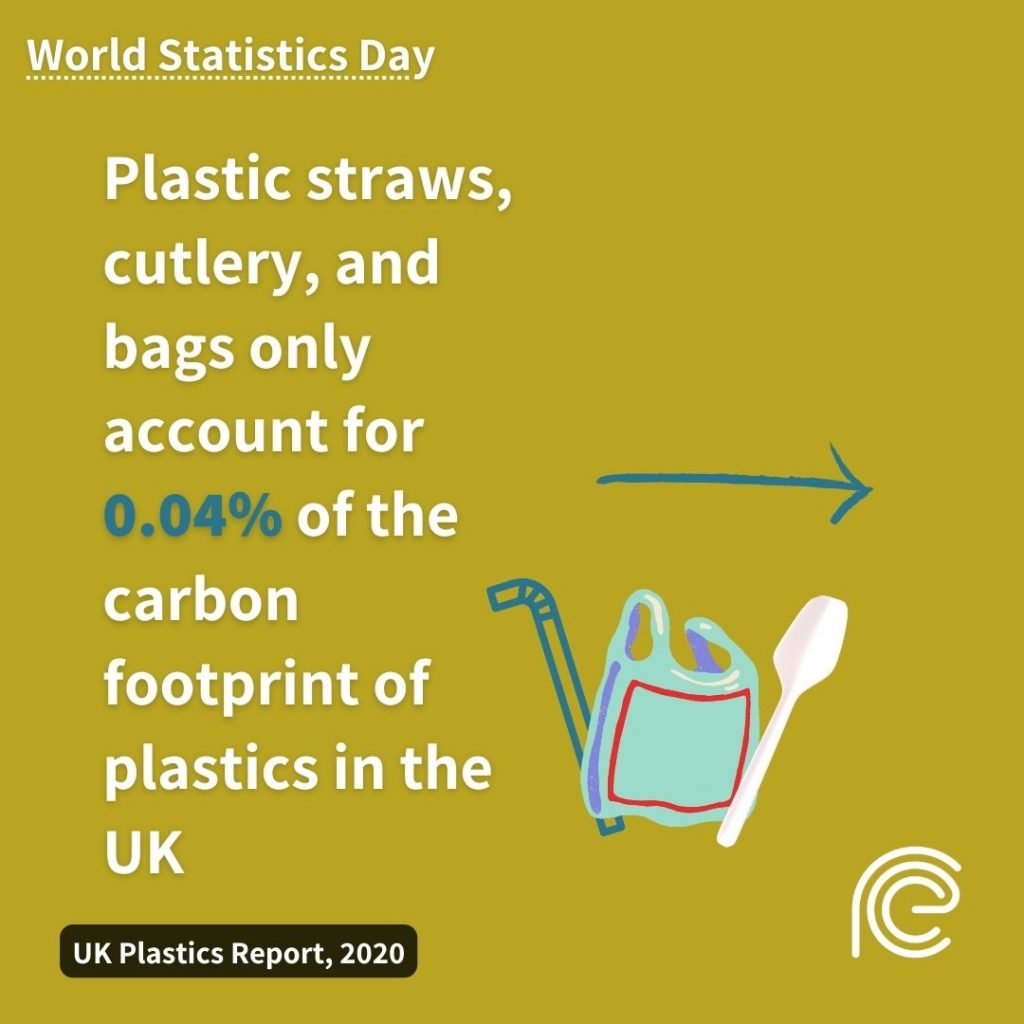
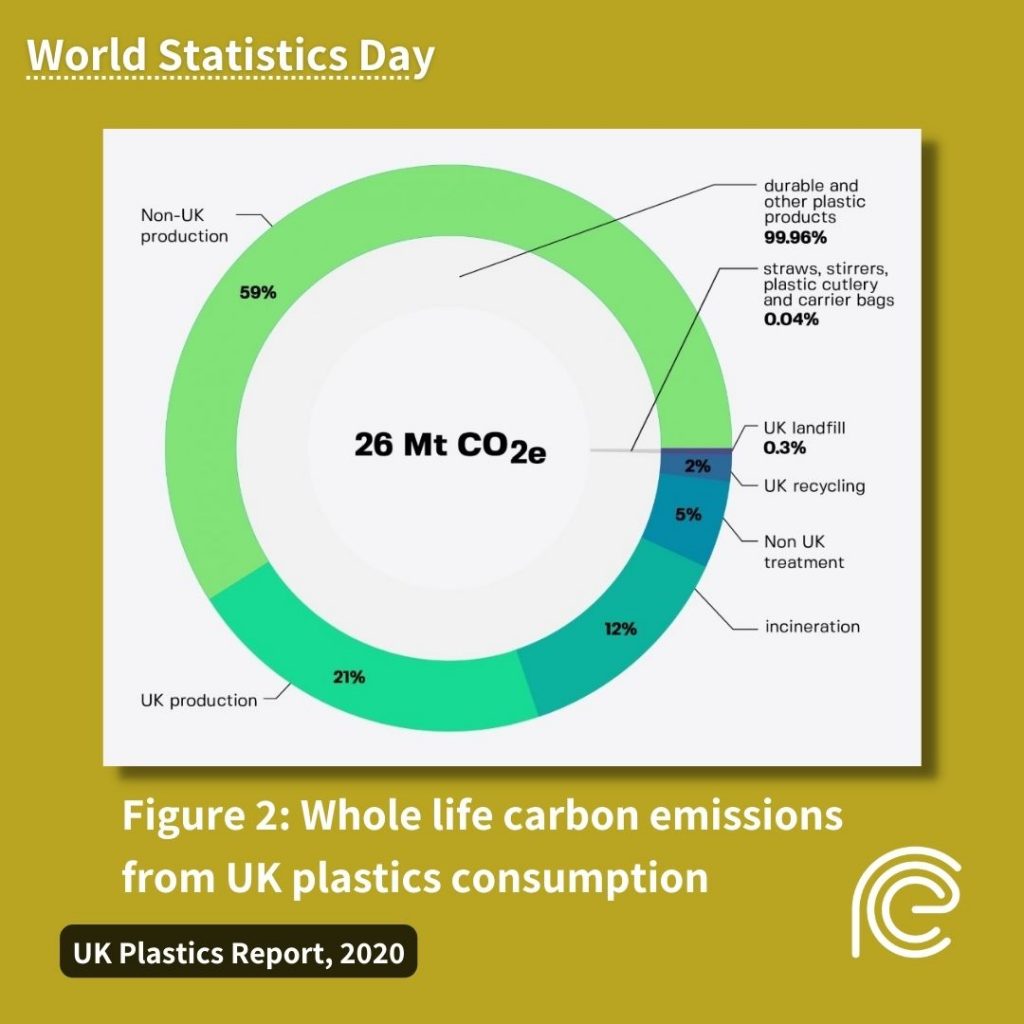
4. Travelling to work
Some of our team work remotely, but for those travelling into the office, bicycles are by far the preferred mode of transport. This seems only fitting for our setting in the heart of Cambridge University!
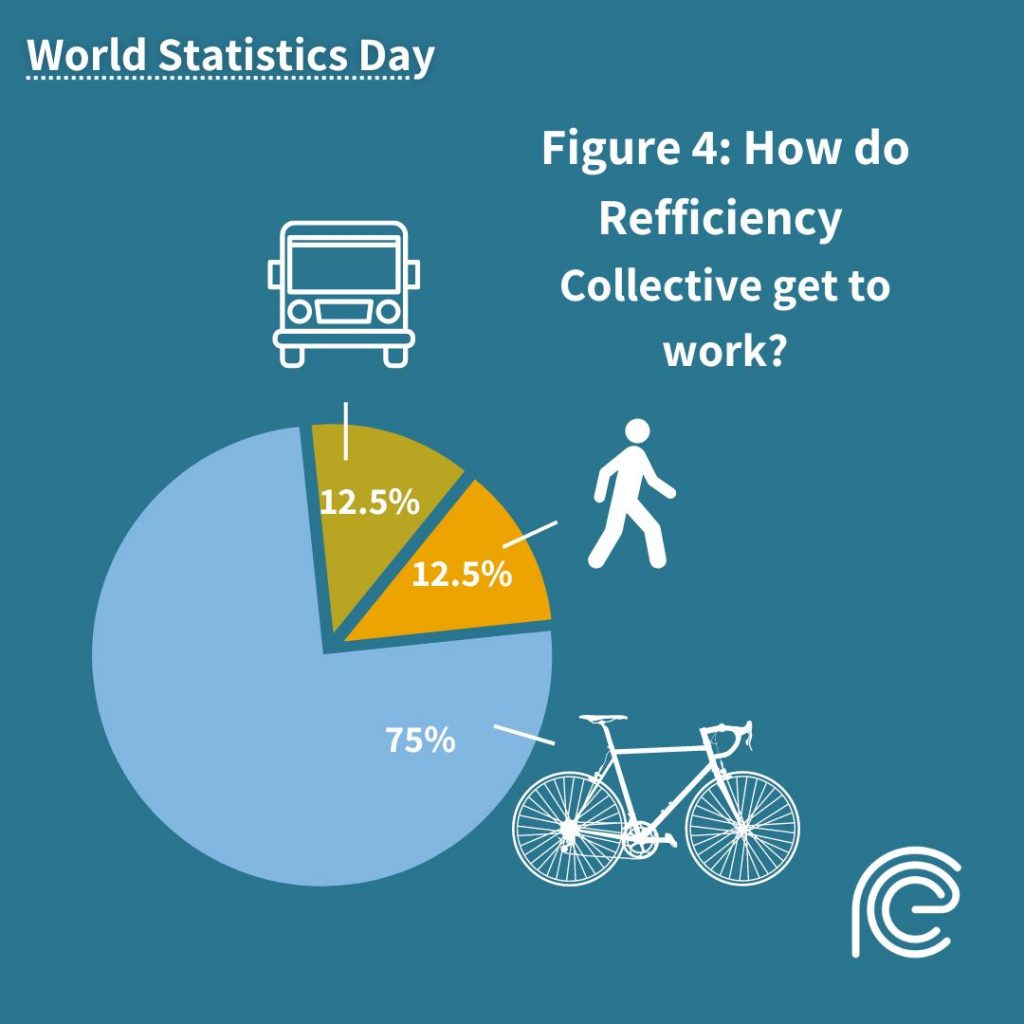
5. The energy cost of heating and cooling our buildings
As we face heatwaves and cold winters, being able to regulate the temperature in our homes and workplaces feels like it should be a necessity rather than a luxury. But this comes at a cost, and not just a financial one. Systems to heat and cool buildings account for 31% of global energy use. Scott from Refficiency is researching how machine learning could help to significantly improve the energy efficiency of buildings.
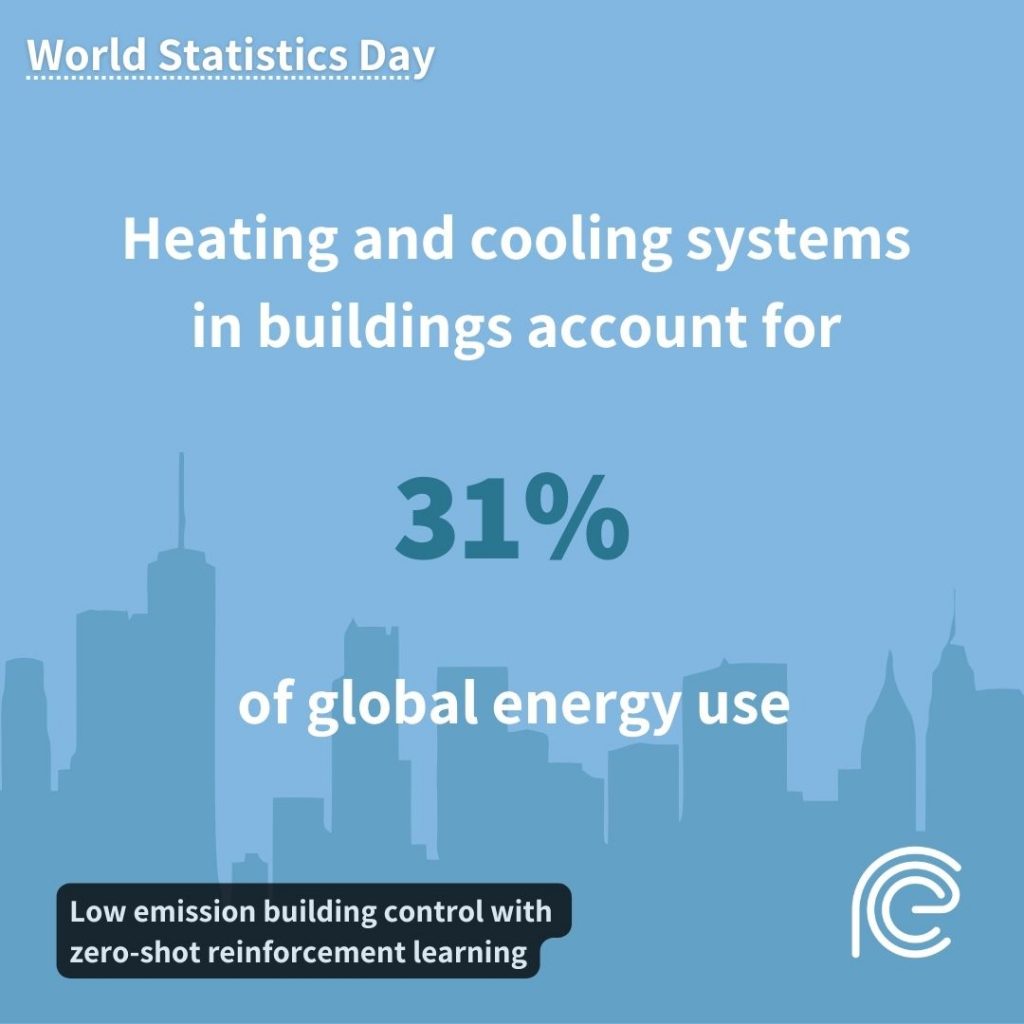
6. Office environment
Studies have shown that indoor plants are good for your health. So far, our tallest office pot plant reaches to 2.5m high.
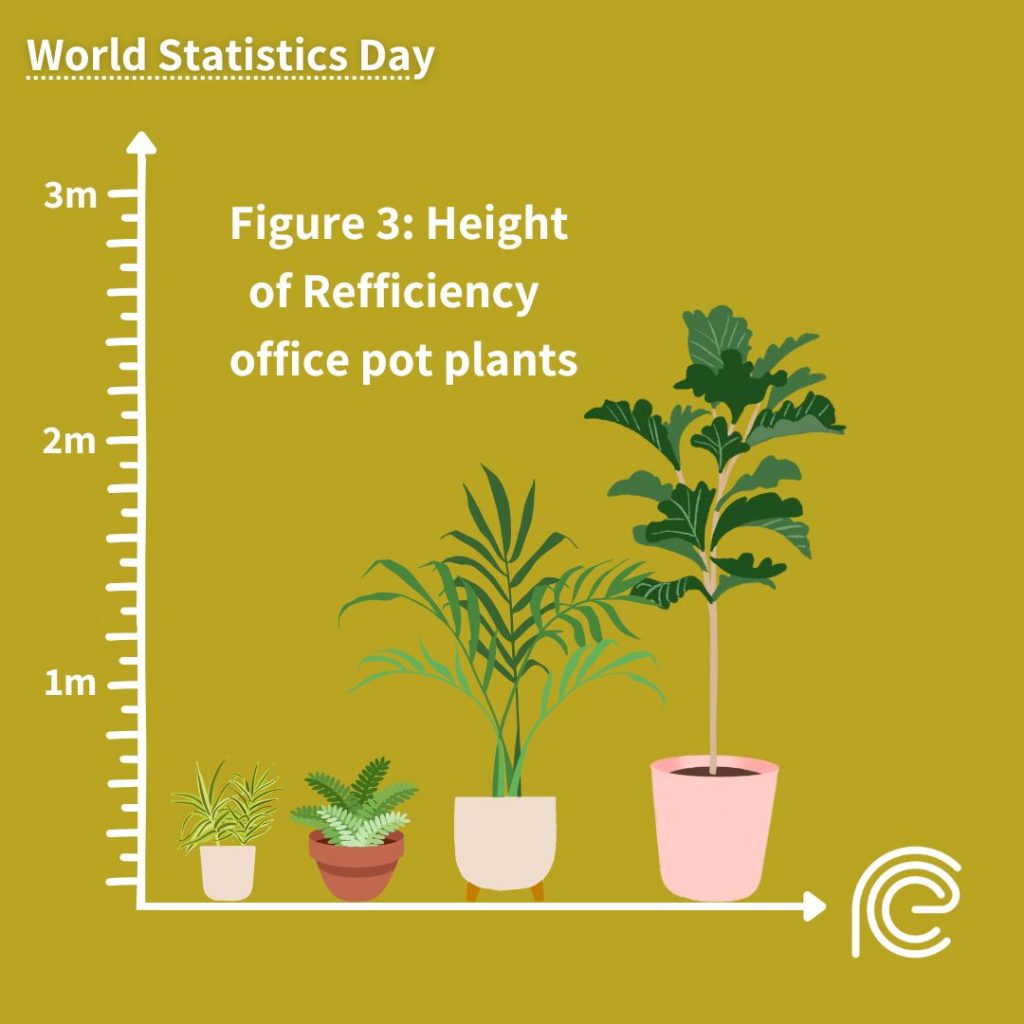
Read more statistics and research insights from our group by checking out our latest publications.
